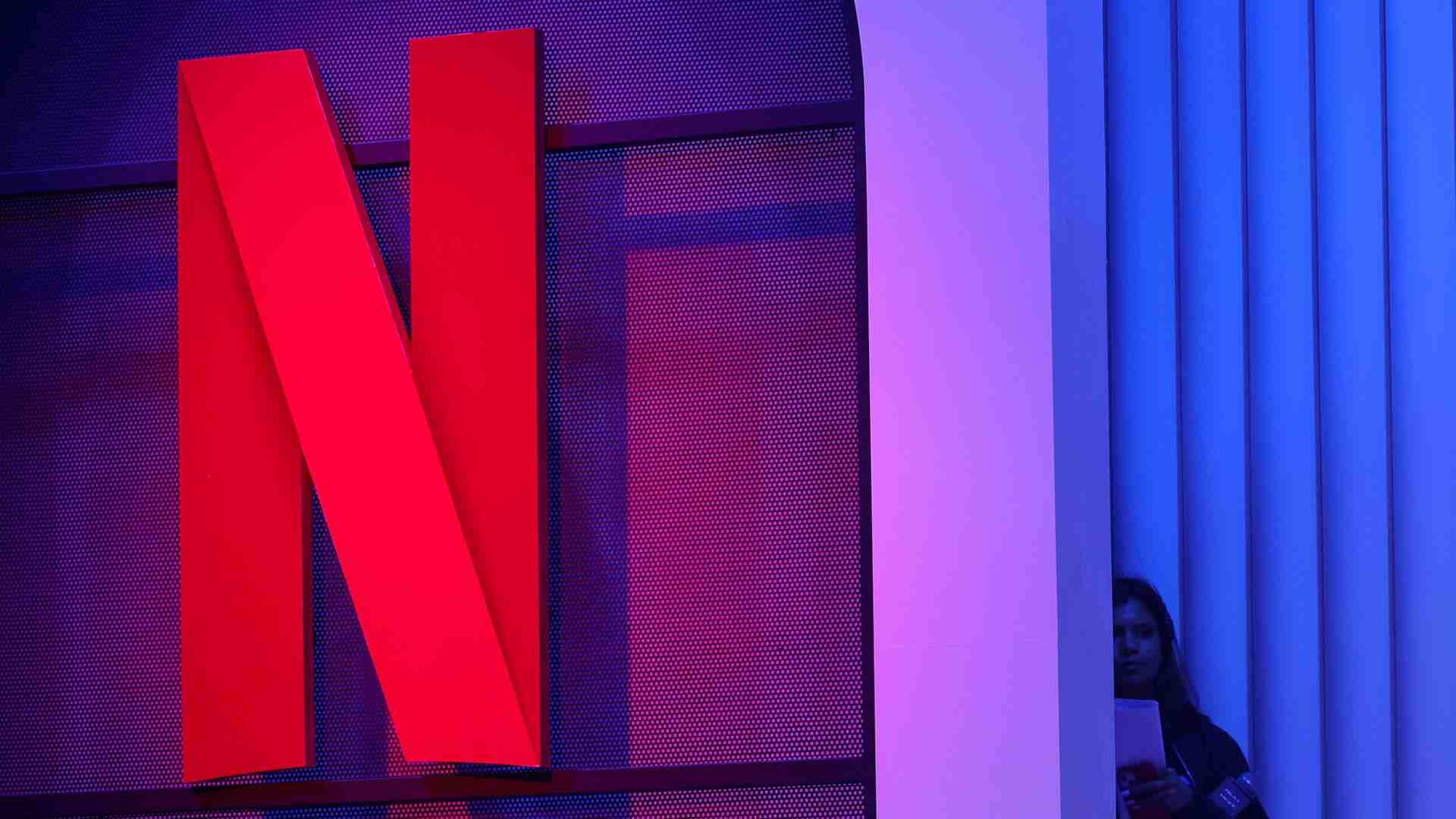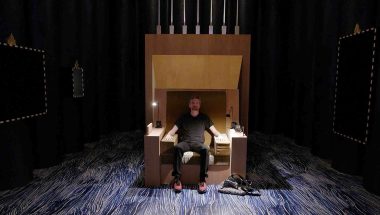- | 8:00 am
Can your boss make you sleep at work?
After Elon Musk installed beds at Twitter’s offices, experts weigh in about whether companies can force you to sleep at work.

This week, Elon Musk confirmed that Twitter was “providing beds for tired employees,” at the company’s headquarters in San Francisco.
“He’s now making [employees] sleep at Twitter,” California state senator Scott Wiener told the BBC. Although there’s no other evidence that Musk is forcing anyone to move into Twitter’s headquarters, he has sent midnight emails insisting on “long hours at a high intensity” and asking only the most “hard-core” workers to stay at the company.
Musk’s tweet about the makeshift sleeping arrangements was prompted by a Forbes story featuring anonymous employees who reported finding the provisional bedrooms in some of its now-empty offices to allow workers to spend the night.
The BBC obtained photographs of some of the rooms that feature a double bed with a comforter, a wardrobe, slippers, and a desk lamp. “It looks like a hotel room,” one former Twitter employee told the BBC.
The situation had some wondering whether it was legal to ask employees to sleep at work.
YES, YOUR BOSS CAN ASK YOU TO SLEEP AT THE OFFICE
Whether you’re a salaried or hourly employee, the short answer is that it’s legal to ask you to sleep in the office—and your boss can fire you if you refuse, confirms HR professional and employment lawyer Kate Bischoff.
And as Bischoff points out, losing a job could be particularly devastating for workers on Twitter-sponsored visas who would be at risk of deportation. “They don’t have much of a choice. If they don’t sleep in the Twitter office, they may have to move back to their country of residence,” says Bischoff.
Most of those being asked to work late hours and stay in Hotel Twitter are probably exempt from overtime, too, which in California means that they’re salaried at around $60,000 per year or more. (The figure differs according to the size of the company.) It’s not clear whether Musk is pressuring any hourly employees or those who would qualify for overtime pay to sleep at the office.
“Fair Labor Standards Act violations for any nonexempt employee is my top concern,” Bischoff adds. “Under the FLSA, any nonexempt employee could rack up thousands of dollars in overtime liability.”
THE ZONING ISSUE
The legal problem around beds at Twitter is primarily one of zoning. Nap rooms and nap pods have been a fixture in San Francisco and Silicon Valley offices for decades; but turning an empty office into an impromptu hotel is something different, especially for a company with a growing list of lawsuits from disgruntled former employees.
According to Patrick Hannan, communications director for the San Francisco Department of Building Inspection, the DBI received an anonymous complaint claiming that “several offices at Twitter have apparently been turned into motel rooms for workers to live in, contrary to code.”
“We investigate all complaints,” Hannan told Fast Company. “These codes make sure people are using spaces safely. Everyone in San Francisco deserves a safe place to live, work, play, and sleep, and no one is above the law.”
According to the San Francisco Business Times, the Twitter HQ building zoning allows housing, but the department would have to approve it first.
THE OTHER PROBLEM WITH SLEEPING AT WORK . . .
When Twitter employee Esther Crawford tweeted a picture of herself sleeping on the floor of the office, she was both praised and vilified. Whether you’re pro hustle culture or quiet quitting, the science says that overworking ultimately isn’t productive in the long run.
“We know from hundreds of studies that working longer hours acts as a diminishing marginal return,” says Bischoff. “You don’t necessarily get more out of workers just because they move into or sleep in the office.”
The decision to put beds in the office makes even less sense when you consider how many remote employees have increased their productivity already by sleeping where they work—at home. “You shouldn’t have to turn an office setting into a home setting to get work done,” says Liberty Planck, head of remote experience at Gusto, a payroll software provider.
“If we’ve shown some work can be done remotely, but those employees are mandated to return to the office and then told, ‘Now that you’re at the office, you should also sleep at the office,’ that’s a head scratcher,” Planck tells Fast Company. “I can imagine those employees thinking, That’s funny . . . I was already sleeping where I work: my home.”





































